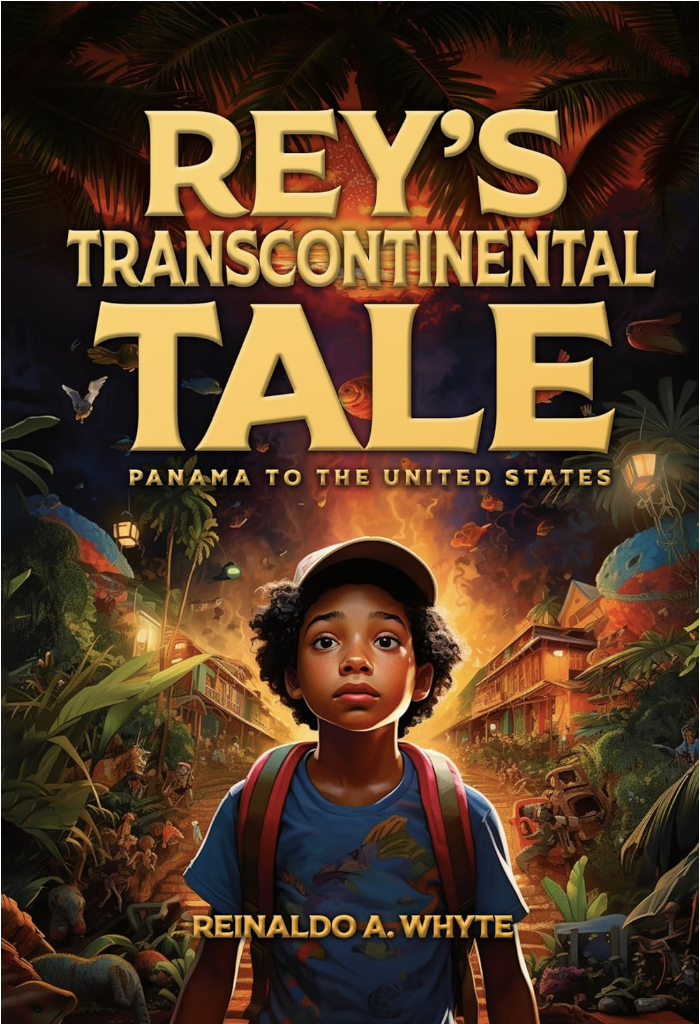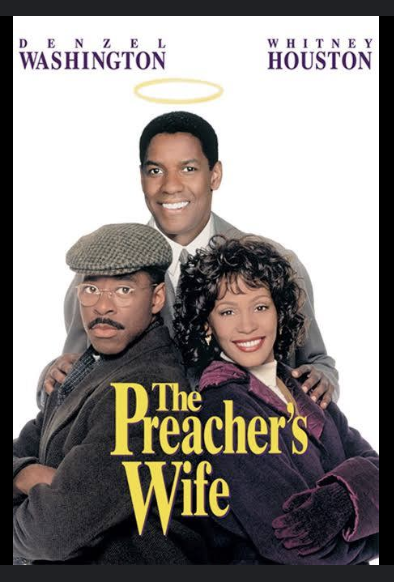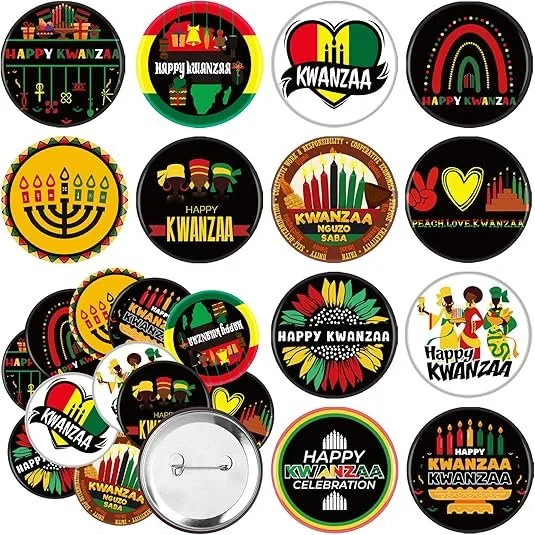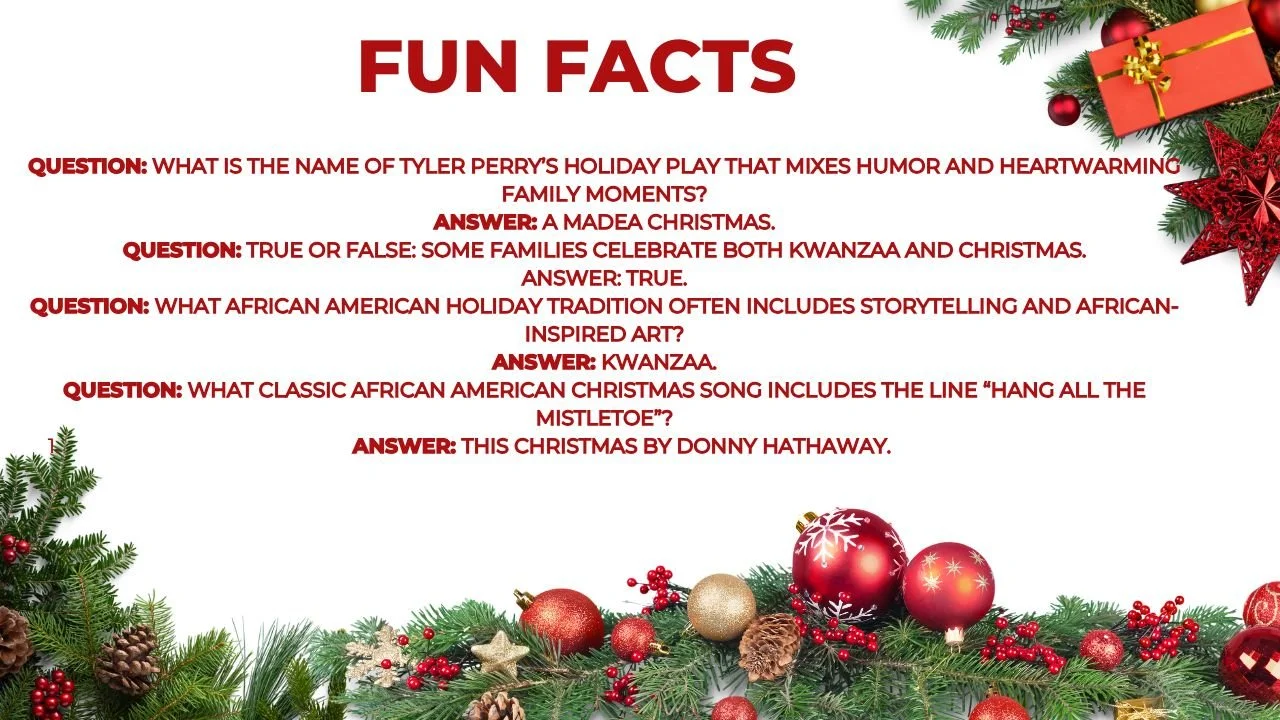Celebrating Christmas in African American Culture
I am originally from the Dominican Republic, and my Christmas traditions are a blend of unique cultural practices and shared universal themes of family and celebration. Over the years, I’ve observed how African Americans—or Black Americans—celebrate Christmas through movies like The Preacher’s Wife, one of my favorites! I absolutely love hearing their soulful singing. It’s not just music—it’s an experience, full of emotion, spirit, and joy.
My own Christmas traditions are a little different, rooted in Dominican culture. In our community, celebrations often reflect two different perspectives: those of Christian Dominicans and non-Christian Dominicans. The differences aren’t stark, but they do shape the way we come together during the holidays.
For example, every year on December 24th, we celebrate Noche Buena. This special night revolves around a big family gathering hosted by someone who extends the invitation. My family never hosted, but we traveled often—sometimes driving 24 hours from Miami to New York or New Jersey to join relatives. This tradition wasn’t just for Christmas; the same thing happened for Thanksgiving, but we could rarely attend both due to the distance.
On Noche Buena, we typically open gifts at midnight, as part of the celebration of Christ’s birth. After a long evening of food, family, and festivities, the moment we’ve been waiting for finally arrives—exchanging gifts with our loved ones. It's a joyful moment that marks the culmination of a night full of warmth and togetherness.
The essence of Noche Buena is family, food, and joy. Decorations and the Christmas tree had to be up before Thanksgiving, setting the festive tone early. At Christian Dominican gatherings, the focus was on spending time with family—adults and kids chatting for hours, eating delicious Dominican dishes, and enjoying games or light activities. Non-Christian parties, on the other hand, often included dancing all night long and alcohol. My family didn’t participate in those, but I did attend a few out of curiosity. I remember watching others dance and wishing I could join, though it wasn’t allowed in my household, as it was considered inappropriate.
One thing both types of celebrations had in common was the incredible food. Dominican Christmas dinners featured the best dishes you wouldn’t typically cook during the year or the finest your family could offer. Staples included locrio de guandules (a flavorful rice dish with pigeon peas), pastelón de plátano maduro (a layered plantain casserole), roast pork, and many other delicacies.
In many ways, this reminds me of how African Americans celebrate the holidays. Just like Dominican families bring their best dishes and share stories and laughter, Black American families also gather around food, music, and togetherness. The soulful traditions of gospel singing, festive meals, and a deep sense of community mirror the spirit of Noche Buena. These parallels remind me that while our cultural expressions may differ, the heart of the holiday season—love, family, and joy—is universal.
Music: The Soundtrack of the Season
Music is central to the African American Christmas experience, blending the sounds of gospel, jazz, R&B, and soul. Classics like This Christmas by Donny Hathaway and Silent Night by The Temptations remain holiday staples in many homes. Gospel legends like Mahalia Jackson and Kirk Franklin bring spiritual depth to the season, with songs that uplift and inspire.
Fun Fact: The Fisk Jubilee Singers were among the first African American groups to popularize Christmas spirituals during their tours in the late 19th century, paving the way for future generations.
Musicals and Performances
African American creativity shines brightly during the holidays with musicals and stage performances. Productions like Black Nativity by Langston Hughes retell the story of Christ’s birth through the lens of African American culture, weaving together gospel music, dance, and spoken word.
Did You Know? Tyler Perry’s holiday plays, such as A Madea Christmas, bring laughter and reflection to audiences, combining humor with messages of love and redemption.
Traditions: Family and Community
Christmas traditions in African American culture often emphasize family, faith, and community. Many families gather for large meals featuring soul food favorites like baked macaroni and cheese, collard greens, and sweet potato pie. Church services, including midnight mass and gospel concerts, are central to the celebration, offering a moment to reflect on the true meaning of the holiday.
Kwanzaa: A Celebration of African Heritage
For some African Americans, the holiday season extends beyond Christmas to include Kwanzaa, a celebration of African heritage, culture, and values. Created by Dr. Maulana Karenga in 1966, Kwanzaa begins on December 26 and lasts for seven days. Each day highlights one of the Nguzo Saba, or Seven Principles:
Umoja (Unity)
Kujichagulia (Self-Determination)
Ujima (Collective Work and Responsibility)
Ujamaa (Cooperative Economics)
Nia (Purpose)
Kuumba (Creativity)
Imani (Faith)
Kwanzaa is celebrated with candle-lighting ceremonies, storytelling, African-inspired art, and communal meals. For many, it’s an opportunity to reconnect with African roots, foster community, and reflect on values that guide their lives.
Why Choose Kwanzaa Over Christmas? Some African Americans focus exclusively on Kwanzaa as a way to emphasize cultural pride and heritage without the commercialism often associated with Christmas. Others see it as a complement to Christmas, celebrating both holidays as distinct but meaningful parts of the season.
Fun Fact: Many families incorporate elements of both celebrations, attending church services on Christmas Day and transitioning into Kwanzaa activities the following day.
Movies: Heartwarming Stories
Holiday movies are a cherished part of the season, and African American filmmakers and actors have created iconic Christmas stories that resonate with audiences.
The Preacher’s Wife (1996): Starring Whitney Houston and Denzel Washington, this film blends faith, romance, and music, with Houston’s gospel soundtrack becoming a holiday classic.
Almost Christmas (2016): A comedic and heartfelt story about a family coming together for the holidays, showcasing the love and chaos of family life.
Jingle Jangle: A Christmas Journey (2020): A visually stunning musical featuring an African American cast, this film celebrates imagination and perseverance.
The Spirit of Giving
African American communities often emphasize the spirit of giving during Christmas. From hosting toy drives to volunteering at shelters, the season becomes an opportunity to uplift others and share the blessings of the year.
Conclusion
Christmas and Kwanzaa in African American culture are beautiful celebrations of heritage, family, and faith. Whether honoring one or both holidays, the season is filled with soulful music, meaningful traditions, and moments of reflection. This holiday season, take a moment to immerse yourself in the rich tapestry of African American holiday celebrations that inspire unity and joy.















